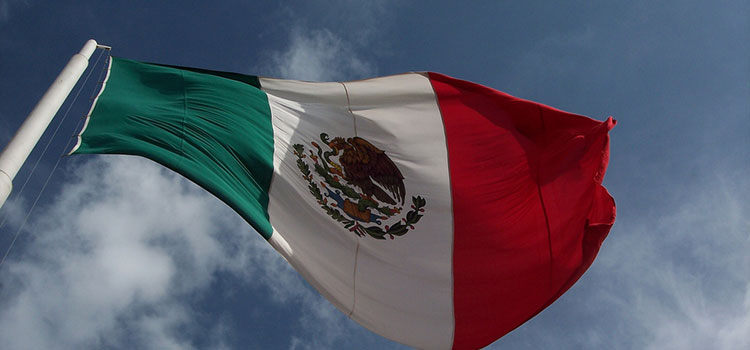The Mexican Supreme Court recently ruled that marijuana cultivation, possession and consumption is a basic human right. The ruling was based on the premise that prohibition violates the “right to free development of personality” stating that it is unconstitutional to disallow cannabis production and use.
The case was brought to court by four members of the group SMART, or the Mexican Society for Responsible and Tolerant Self-Consumption, to address marijuana reform from a new angle. Prior to the case, reform was discussed in terms of drug war deaths and disappearances. Members of SMART wanted to address the right to develop one’s personality without government involvement. In much the same way the government is not allowed to restrict fast food because it is unhealthy, they argued, the government should not be allowed to restrict personal cannabis use no matter what the health risk.
Their argument was convincing. The panel of justices voted 4-1 in favor of allowing the plaintiffs to cultivate and consume cannabis for recreational purposes. Though the ruling technically only applies to the plaintiffs in this case, it has set the precedent for five more pending cases. If the court supports marijuana again, the flood gates for marijuana reform throughout Latin America will be open. This closely mirrors the method through which homosexual marriage was legalized in the Mexico earlier this year.
Though the majority of Mexicans oppose marijuana legalization (including Mexican president Enrique Peña Nieto), a national debate set for late January could change that. The debate, which will take place in four national forums and online, will focus on public policy, health and the social impact of legalization.
The debate will involve expert statements from sociologists, medical practitioners, academics and the general public and will closely analyze the experience of other foreign countries and their marijuana policies, as well. Despite Peña Nieto’s objections concerning youth safety, he claims he could change his stance based on the results of the debate.
Peña Nieto’s main objection to marijuana reform stems from the belief that legalization would not curb drug cartel violence and worries that risking the health of children is not worth the potential gains in combatting cartels.
The issue is personal to him; Peña Nieto has never consumed cannabis and worries that relaxed marijuana laws will inspire young people to take up the habit. Shortly after the Supreme Court ruling, one of his own children asked if he would be allowed to “light up a joint in front of [him] soon” prompting him to reiterate his oppositional stance.
“I am not in favor [of marijuana legalization] because it has been proven, demonstrated, that consuming this substance damages the health of children and youths,” President Peña Nieto stated during a speech for child welfare. Nevertheless, if January’s debate on marijuana policy is favorable, Peña Nieto welcomes the debate and will support the court’s ruling, whatever it might be.
“This will open up the debate over the best regulation for inhibiting drug consumption, a public health issue,” Peña Nieto wrote via Twitter. “Mexico has promoted in international forums … broadening the discussion.”
Photo Credit: Christian Frausto Bernal
Get daily cannabis business news updates. Subscribe
End



